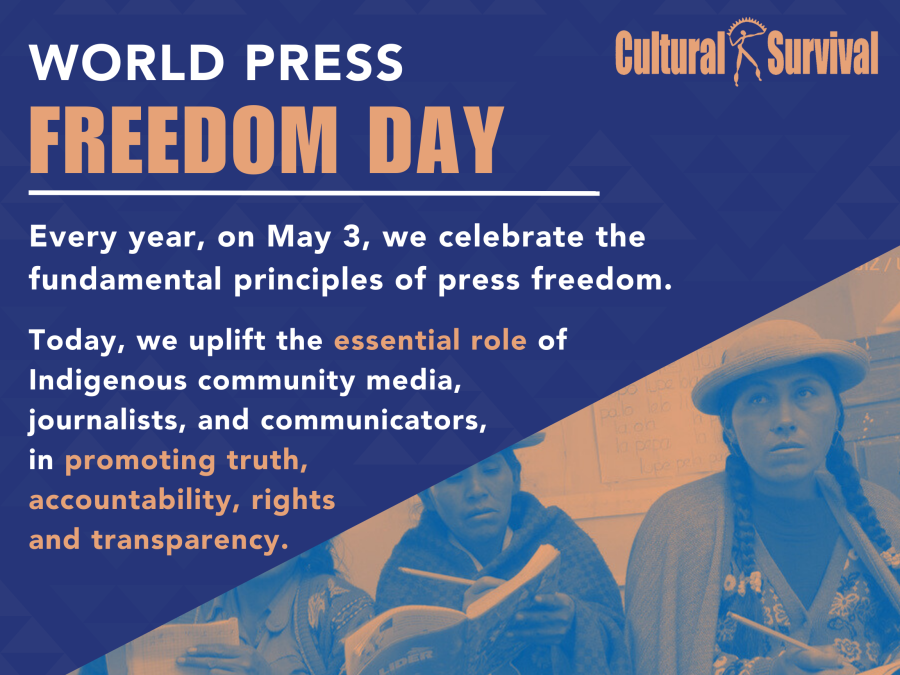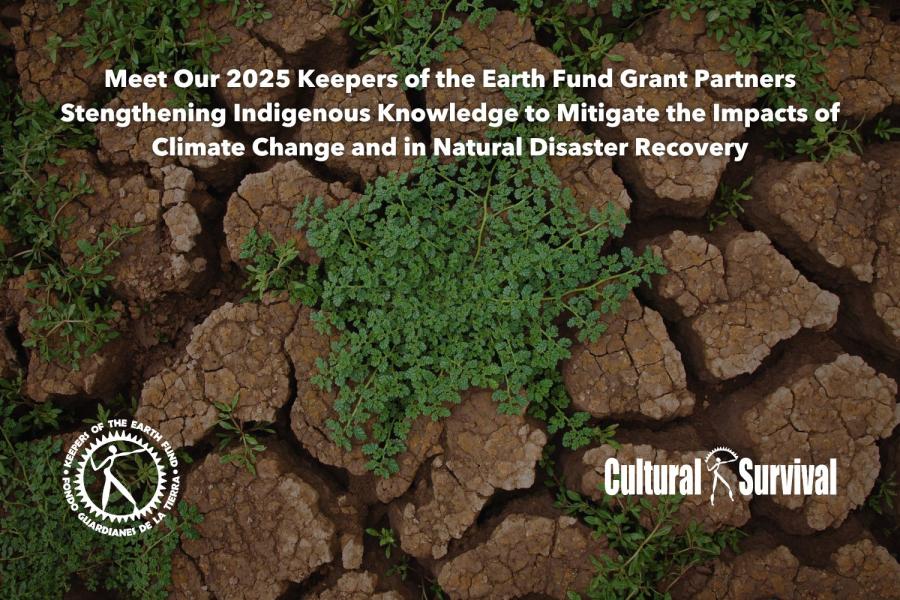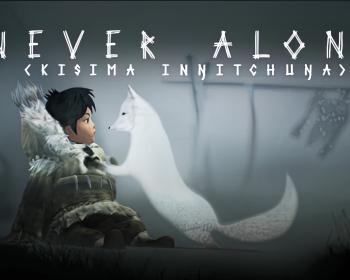National Geographic’s Genographic Project Advances Science but Poses Risks for Indigenous Peoples
Science versus traditional belief systems, benefits versus risks, what constitutes genuine participation in project design, what constitutes free and informed consent—these are some of the issues raised in the debate over the National Geographic Society's Genographic Project. This project, which aims to gain deeper insights into patterns of historical human migration around the world, was launched in Spring 2005 and is scheduled to span five years. It is being carried out by well-intentioned and highly qualified scientific researchers who are following accepted scientific standards for research on human subjects.
The debate over the Genographic Project has touched Cultural Survival directly. One of the project's Advisory Board members, Dr. Wade Davis, Explorer in Residence at the National Geographic Society, is a member of Cultural Survival's Board of Directors. Cultural Survival's predominantly Indigenous Program Council, which sets programmatic policy and direction for Cultural Survival, has discussed and raised challenging questions about the benefits and risks of the project for
Indigenous Peoples.
In the spirit of improving communication and collaboration between Indigenous Peoples and non-indigenous members of global society, Cultural Survival has offered to facilitate a dialogue between the Genographic Project's leaders and our Program Council so that each can fully understand the other’s purposes, interests, and concerns. Due to scheduling conflicts, that meeting will not take place until May 2006.
In the meantime, we offer the following overview of the issues to our readers. The viewpoints for and against the project are succinctly expressed in the article by Genographic Project Leader Dr. Spencer Wells, and in the article by Indigenous activists Debra Harry, Executive Director, and Le`a Malia Kanehe, Esq., of the Indigenous Peoples Council on Biocolonialism. We conclude with a synopsis of the questions and concerns raised during Cultural Survival's October 2005 Program Council meeting, which is authored by the Program Council's co-chairs, Dr. Richard Grounds (Euchee, Oklahoma, USA) and Stella Tamang (Tamang, Nepal).



